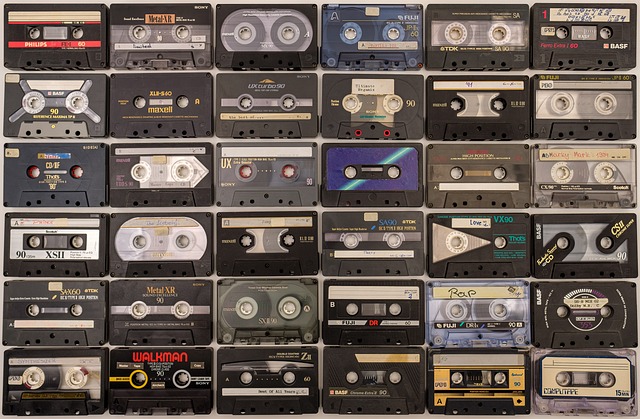Sonic Subcultures: The Resurgence of Cassette Culture in the Digital Age
In an era dominated by streaming services and digital music consumption, an unexpected trend is gaining traction: the revival of cassette tapes. This resurgence isn't just about nostalgia; it's a complex cultural phenomenon reflecting shifting attitudes towards music, technology, and community. Read below to explore the fascinating world of modern cassette culture and its implications for society.

The Historical Context of Cassette Culture
Cassette tapes, introduced in the 1960s, revolutionized music consumption by offering portability and recordability. By the 1980s, they had become a dominant format, fostering the rise of mixtape culture and DIY music scenes. However, the advent of CDs in the late 1980s and early 1990s led to a decline in cassette popularity, with many predicting their eventual extinction.
The Unexpected Revival
Contrary to expectations, cassettes have experienced a resurgence since the mid-2010s. Sales have steadily increased, with both established artists and independent musicians releasing albums on tape. This revival is not just about the medium itself but represents a broader cultural movement valuing tangibility, imperfection, and active engagement with music.
The Appeal of Analog in a Digital World
The cassette revival can be seen as a reaction to the ubiquity of digital streaming. While platforms like Spotify offer unparalleled access to music, they’ve also been criticized for devaluing music and creating a passive listening experience. Cassettes, in contrast, require active engagement – from physically inserting the tape to flipping it over. This tactile interaction creates a more intentional and immersive listening experience.
Community and Connection Through Cassettes
One of the most significant aspects of the cassette revival is its role in fostering community. Small-run cassette labels have proliferated, creating tight-knit networks of artists and fans. These labels often focus on niche genres, providing a platform for experimental and underground music that might struggle to find an audience in the algorithmic world of streaming.
The Environmental and Economic Implications
The cassette revival raises interesting questions about sustainability and economics in the music industry. While cassettes are not biodegradable, their production has a lower environmental impact compared to vinyl records. Economically, cassettes offer a low-cost way for independent artists to produce physical releases, potentially democratizing music distribution.
In conclusion, the resurgence of cassette culture represents more than just a nostalgic trend. It’s a multifaceted phenomenon that speaks to our changing relationship with music, technology, and community in the digital age. As we navigate an increasingly virtual world, the humble cassette tape serves as a tangible reminder of the power of physical media and active engagement in shaping our cultural experiences.






